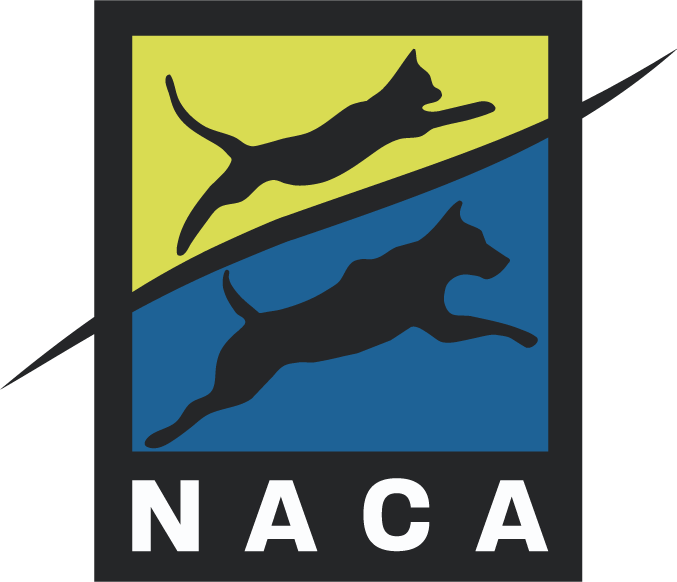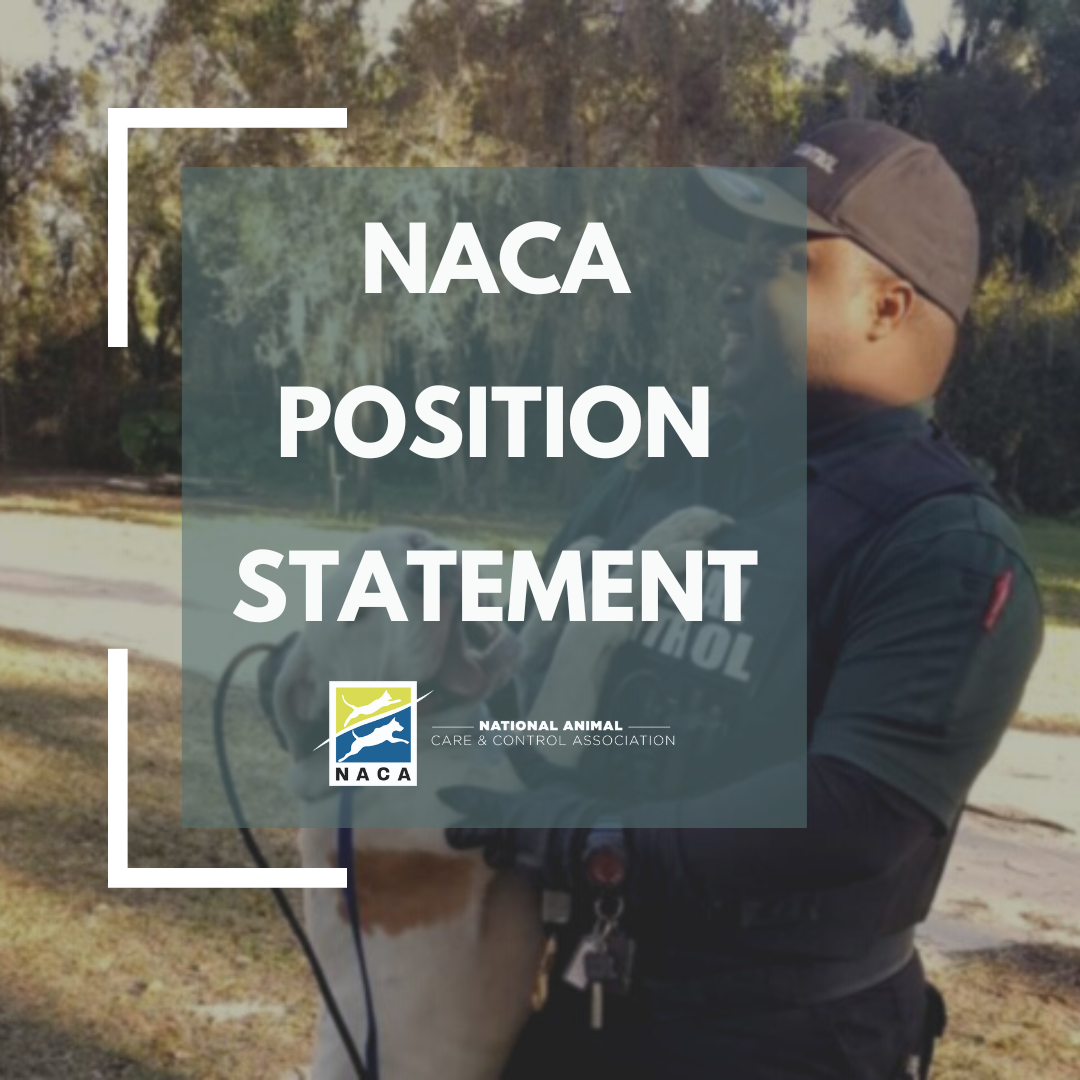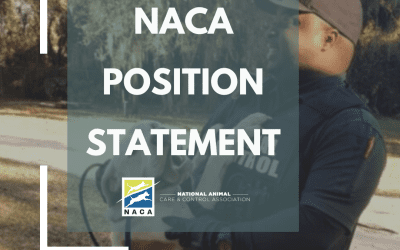NACA Statement on Recognizing the Role of the Animal Control Officer NACA recommends animal control officers receive compensation, training, resources, and equipment necessary to perform the critical services they provide to their communities.
More specifically, NACA advocates animal control officers be given appropriate humane handling equipment, vehicles in good condition, standardized uniforms, and personal safety equipment. Ideally, animal control officers should also have access to microchip scanners, laptop computers, leashes, collars, pet food, pet supplies, and other resources that enable them to effectively support pets and people in their communities. Finally, NACA recommends agencies review officer compensation to determine if existing salaries are sufficient to recruit and retain qualified and skilled animal control officers.
Animal control officers (ACOs) perform a vast number of services related to pets and people. They work long hours, in dangerous situations, in inclement weather, and oftentimes with inadequate resources, training, and equipment. Animal control officers in most areas are responsible for more than enforcing animal laws; they also assist law enforcement as the animal experts in their community, provide the services of social workers, risk their lives as emergency responders, mitigate community member conflicts, and much more.
They work closely with the justice system, including prosecutors and judges, local and state law enforcement agencies, elected and appointed officials, state veterinarian and health department, the local rabies authority, the fire department, code enforcement, and social services agencies. Although not traditionally classified as first responders, animal control officers perform essential work that ensures public safety for both humans and animals.
Here are just a few of the services provided by animal control officers across the U.S.:
- Overseeing rabies quarantines
- Rescuing pets in extreme cold and heat
- Investigating dangerous and vicious dog cases
- Investigating dog bites
- Preventing unnecessary shelter intake and helping reunite lost pets with their people
- Inspecting pet stores and animal rescues
- Investigating animal neglect, cruelty, hoarding, and intentional acts of abuse
- Following up on veterinary and court-ordered inspections of homes
- Addressing noise and waste complaints
- Mitigating complaints about outdoor and free-roaming cats
- Rescuing lost and stray animals that are sick, injured or in immediate danger.
- Providing food, supplies, and medical support to pet owners
- Repairing/building fences for dog owners
- Catching and/or trapping individual loose dogs
- Assisting pet owners who are in crisis, including incarceration and evictions
- Responding to emergencies
- Assisting pet owners experiencing homelessness
- Managing welfare cases and sick or injured wildlife, exotic animals, and farmed animals
- Transporting pets
- Providing humane education and outreach
- Provide information to owners on humane pet care
- Picking up and disposing of deceased animals
- Supporting community cat programs (TNR and SNR)
In summary, animal control officers today perform a wide variety of functions far beyond the outdated “dog catcher” characterization of the past. They deserve to be properly equipped, trained, and compensated for this complex and difficult work. For a complete listing of the recommended guidelines for animal control officers, visit National Animal Care & Control Association website.
Stay Safe,
Jerrica Owen
Executive Director
National Animal Care & Control Association





